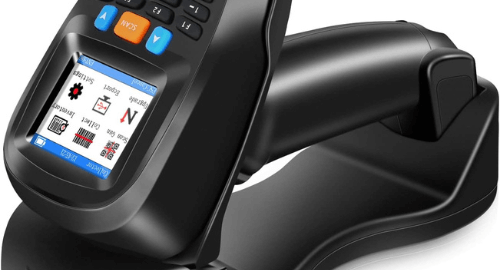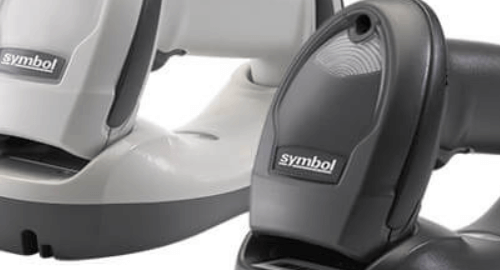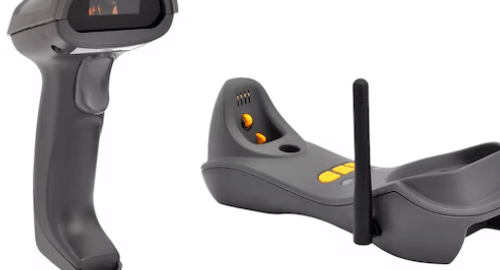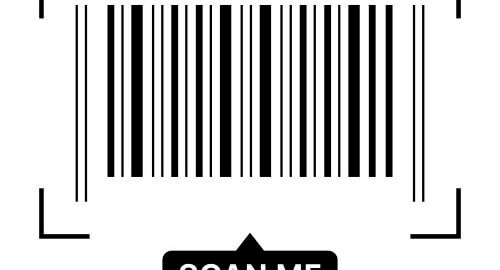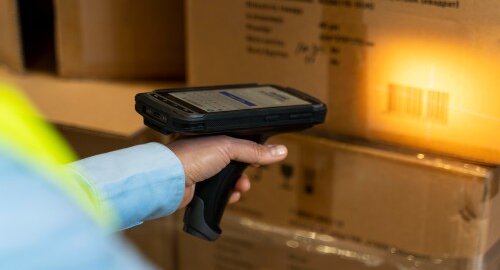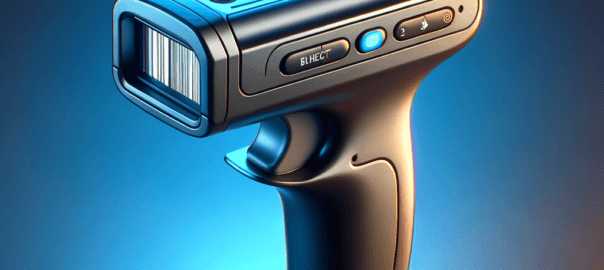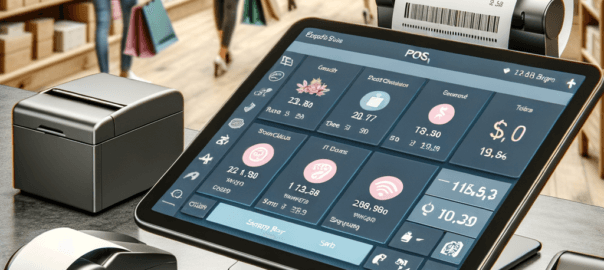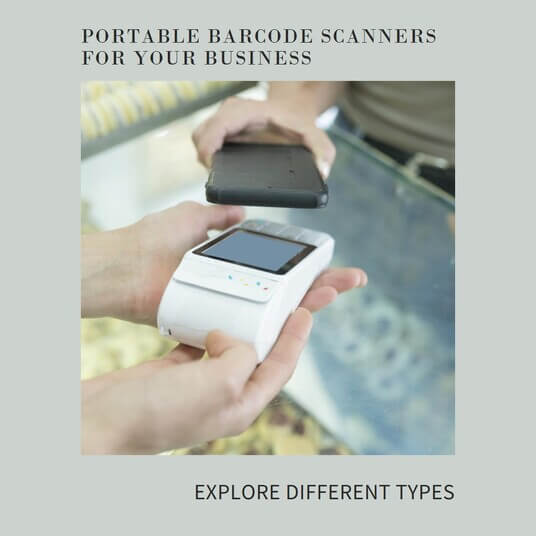
In the world of modern business, efficiency and accuracy are paramount. Portable barcode scanners have become indispensable tools, streamlining operations and ensuring precision in inventory management and point-of-sale transactions. Choosing the right type of portable barcode scanner for your business is crucial. In this blog post, we’ll explore the various types available, helping you find the perfect fit for your specific needs.
-
Laser Barcode Scanners:
- How They Work: Laser barcode scanners use a laser beam to read the black and white spaces of a barcode, translating the reflected light into data.
- Suitability: Ideal for businesses with moderate to high-volume scanning needs. They work well with 1D barcodes commonly found on product packaging.
- Applications: Retail, warehouses, and manufacturing where fast and accurate scanning is essential.
-
Imager Barcode Scanners:
- How They Work: Imager scanners capture an image of the barcode and then decode it using sophisticated software.
- Suitability: Versatile and capable of scanning both 1D and 2D barcodes. Suitable for businesses dealing with a variety of barcode types.
- Applications: Retail, healthcare, and logistics where a mix of barcode formats is encountered.
-
2D Barcode Scanners:
- How They Work: 2D scanners can read both 1D and 2D barcodes, which store information both horizontally and vertically.
- Suitability: Highly versatile and adaptable to various business needs. Capable of scanning QR codes, making them suitable for mobile applications.
- Applications: Ticketing, mobile payments, and any application requiring data-rich 2D barcodes.
-
Wireless or Bluetooth Barcode Scanners:
- How They Work: These scanners use Bluetooth technology to connect wirelessly to a computer or mobile device.
- Suitability: Ideal for businesses needing flexibility in scanning locations or integrating with mobile devices.
- Applications: Retail, event management, and inventory control where mobility is a priority.
-
Corded Barcode Scanners:
- How They Work: Corded scanners are connected to a computer or terminal via a physical cable.
- Suitability: Suitable for fixed scanning stations where mobility is not a primary concern.
- Applications: Point-of-sale (POS) systems, manufacturing lines, and shipping stations.
-
Pen-type or Wand Barcode Scanners:
- How They Work: Pen-type scanners have a small photodiode at the tip that measures light as it moves across the barcode.
- Suitability: Basic and cost-effective solution for low-volume scanning needs.
- Applications: Small retail businesses, home offices, and light inventory management.
-
Mobile Computer Barcode Scanners:
- How They Work: Integrated devices combining a mobile computer with a barcode scanner, often featuring touchscreens and robust processing power.
- Suitability: Ideal for businesses requiring both data processing and scanning capabilities in a single device.
- Applications: Field service, asset tracking, and inventory management in dynamic environments.
Conclusion:
Selecting the right portable barcode scanner depends on your business’s specific requirements, volume of scanning, and the diversity of barcode formats encountered. Whether you opt for the precision of laser scanners, the versatility of imagers, or the mobility of wireless options, finding the perfect fit will undoubtedly enhance your operational efficiency and accuracy. Evaluate your business needs carefully, and invest in a portable barcode scanner that aligns seamlessly with your workflow.



